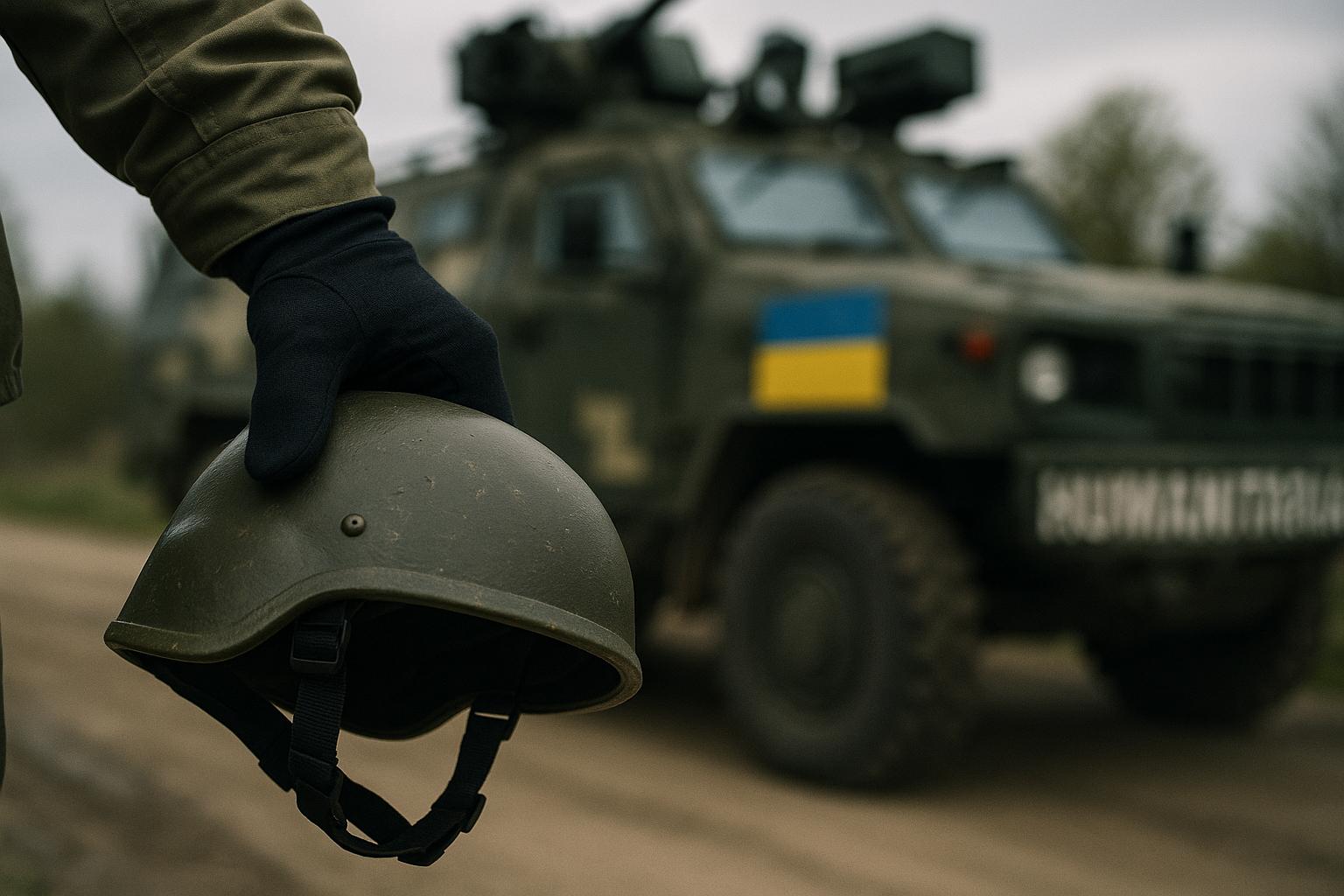Prince Harry’s recent visit to war-torn Ukraine has drawn a mixture of praise and criticism, highlighting a broader debate about the Duke of Sussex’s stance on personal security and his public commitments. The visit, which took place shortly after a four-day trip to the UK, was intended to support wounded Ukrainian soldiers and showcase the work of his Invictus Games Foundation. The foundation, which Harry established to aid injured veterans through sports, played a central role during his engagements in Kyiv, where he met Prime Minister Yulia Svyrydenko and veterans receiving rehabilitation and medical care.
Harry’s visit to Ukraine marks his second trip to the country this year, following a previous visit to a military rehabilitation centre in Lviv in April. During his latest trip, he emphasised the importance of supporting recovery efforts among soldiers affected by the ongoing conflict with Russia, while acknowledging that the charity’s efforts could not end the war. His Archewell Foundation has also donated $500,000 to provide prosthetics and medical evacuations for injured children in Ukraine and Gaza, underscoring the broader humanitarian focus of his work there.
Despite the positive intentions of his visit, the Duke’s actions have been labelled hypocritical by some commentators, particularly given his ongoing legal battle with the UK government over security arrangements. After stepping back from frontline royal duties in 2020 and relocating to California with his family, Harry lost his entitlement to automatic, publicly funded police protection in the UK. He has since argued that threats to his safety necessitate enhanced security, stating that his "life is at stake." However, royal biographer Hugo Vickers pointed out the apparent contradiction in Harry’s concerns about safety in the UK while choosing to enter a highly dangerous war zone. Vickers remarked that although Harry "knows what he's doing" in visiting Ukraine, there is "a hypocritical element" in the contrast between his fears at home and his willingness to travel to an active conflict area.
This tension is further reflected in public discourse. Broadcaster Sarah-Louise Robertson has accused Harry of selectively "picking his battles," highlighting the paradox of his UK security concerns versus his visit to Ukraine. Yet, supporters such as Labour MP Barry Gardiner defended the Duke’s actions, arguing that the visit was not about self-promotion but a genuine effort to support veterans who have suffered in the conflict. Gardiner emphasised Harry’s background as a former British Army officer and founder of the Invictus Games, and called for the UK government to reinstate police protection for him given his status as the son of the King.
The legal dimension to Harry’s security dispute is ongoing. Although he lost a recent appeal against the Home Office’s decision to withdraw his automatic police protection following his departure from royal duties, he has won permission from the Court of Appeal to challenge the ruling further. Judge David Bean noted the possibility that the government’s decision may not have fully adhered to its own policies, giving Harry’s legal team grounds to continue the fight.
Harry’s visit to Ukraine took place amid wider developments in his personal and royal family life. During his UK visit, he met King Charles for the first time in over a year, an encounter that many have read as a potential step towards mending their strained relationship. At the same time, King Charles publicly disclosed his cancer diagnosis, adding emotional gravity to their recent exchanges.
In sum, Prince Harry’s engagements in Ukraine underscore his commitment to veteran rehabilitation and humanitarian causes, but also bring into sharp relief the complexities and contradictions around his security concerns and his relationship with the UK establishment. His role continues to provoke strong and varied reactions, reflecting the challenging balance he navigates between public service, personal safety, and family dynamics.
📌 Reference Map:
- Paragraph 1 – [1], [2], [3]
- Paragraph 2 – [2], [3], [4]
- Paragraph 3 – [1], [5]
- Paragraph 4 – [5]
- Paragraph 5 – [1], [6]
- Paragraph 6 – [2], [3], [4], [1]
Source: Noah Wire Services
